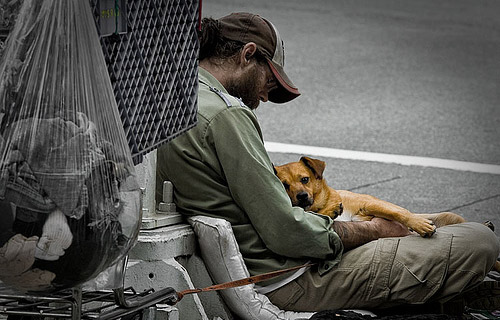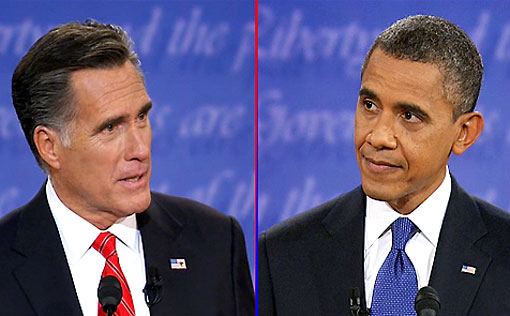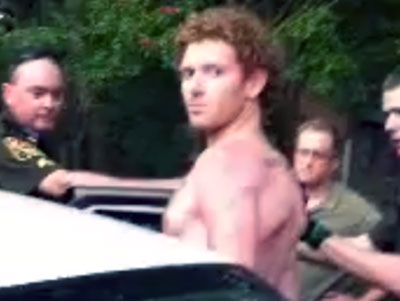
After I wrote CRAZY, I wanted to write a book about homelessness so I contacted Gunther Stern, the Executive Director of the Georgetown Ministry Center [GMC} in Washington D.C. and asked if I could spend some time with him and his staff. Georgetown is one of the wealthiest sections of the nation’s capital. It attracts the homeless because it is a fertile place to panhandle and it is one of the safer areas in the city to sleep outside at night.
Georgetown’s wealthy residents have always been adamantly opposed to having a homeless shelter operate inside their exclusive neighborhood. But after an elderly homeless man died from exposure in 1984 while sleeping in a Georgetown telephone booth, the community was shamed into action. Several churches agreed to open their sanctuaries at night to homeless individuals. Between November and March, churches take turns. For two weeks, a congregation will provide an evening meal and overnight shelter to persons who are in need of lodging. When that congregation’s two-week stint ends, the homeless group moves to the next church. This alleviates the need for a full time shelter by taking care of the homeless during the winter months.






